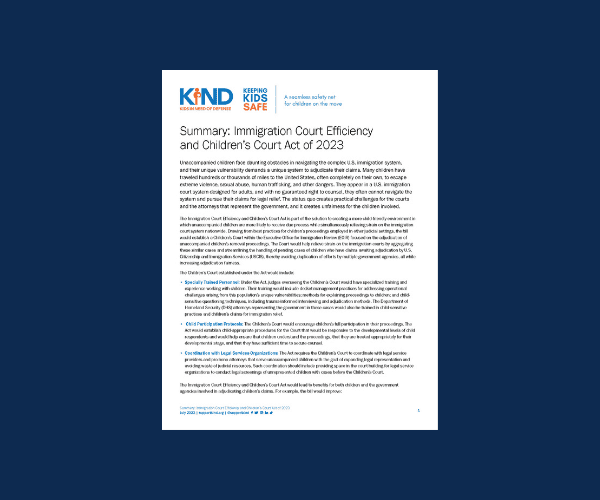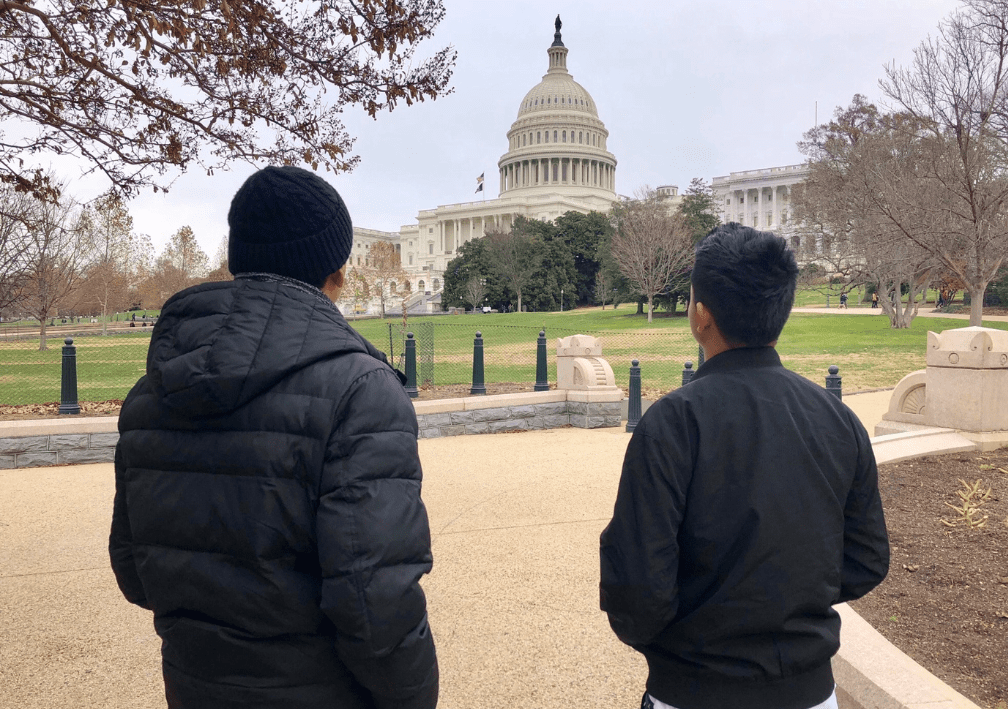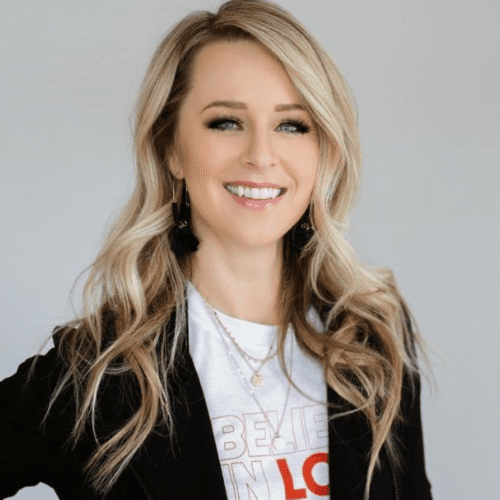About Kid’s Court
One of the main goals of the Keeping Kids Safe Campaign is to create a children’s court for unaccompanied children. The current U.S. immigration court system was designed for adults and is not suited to address the unique needs and vulnerabilities of unaccompanied children, including children who may be at risk of labor abuses and other exploitation. Unlike domestic child welfare systems, the immigration courts make few distinctions between adults and children, leading to adjudications that determine a child’s future without taking age, developmental stages, trauma, or individual need into account. After traveling alone hundreds or thousands of miles to the United States, to escape extreme violence, sexual abuse, human trafficking, and other dangers, children encounter a confusing court system with no guaranteed right to a lawyer. Without help, they often cannot navigate the system and pursue their claims for legal relief. The current system is unfair to children. Meanwhile, the immigration court backlog now exceeds two million cases and is projected to continue increasing.
The creation of a children’s court would not only ensure a more child-friendly environment in which unaccompanied children are more likely to receive due process, but also relieve strain on the immigration court system nationwide.
The bipartisan Immigration Court Efficiency and Children’s Court Act of 2023 (S.3178/H.R.6145) would establish a Children’s Court within the Executive Office for Immigration Review (EOIR) focused on the adjudication of unaccompanied children’s removal proceedings.
A Children’s Court will increase adjudication fairness for children, promote identification and mitigation of trafficking and exploitation, and help relieve strain on the immigration courts by aggregating cases and streamlining the handling of pending cases of children who have claims awaiting adjudication by U.S. Citizenship and Immigration Services (USCIS), thereby avoiding duplication of efforts by multiple government agencies.









